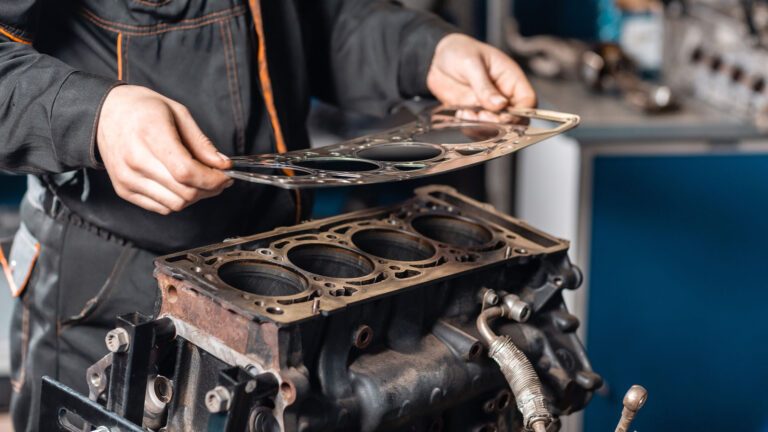Members of Congress from both sides of the aisle are backing a nationwide right-to-repair bill that would guarantee independent shops the same access to data and tools as dealerships. If it becomes a law, the bill could make repairing a car cheaper and more convenient.
Known as the Right to Equitable and Professional Auto Industry Repair (REPAIR) Act, the proposal was written by the Automotive Service Association (ASA), the Society of Collision Repair Specialists (SCRS), and the Alliance for Automotive Innovation (AAI). The three groups jointly outlined their idea in a letter sent to Congress on February 18, 2025, which is surprising considering AAI, which represents dozens of carmakers and suppliers including Stellantis and General Motors, spent years challenging an expansion to right-to-repair legislation in Massachusetts.
A version of this bill had actually been proposed in 2023 but stalled before reaching the House floor last October. It was reintroduced on February 25 by a bipartisan group of 16 representatives that includes Neal Dunn (R-FL) and Marie Gluesenkamp Perez (D-WA). Right-to-repair laws already exist across the nation, but the REPAIR Act was written in a bid to enshrine the idea into federal law. And, in the current political context, any bipartisan effort is worth saluting.
Its goals include guaranteeing that owners, independent repair shops, and parts manufacturers have fair and equal access to diagnostic data and software. It also aims to ensure that access to repair-related data doesn’t compromise a vehicle’s cybersecurity, and to allow repair shops that aren’t affiliated with a carmaker to calibrate electronic features such as driving aids. While the bill might sound a little superfluous if you’re running a 2003 Dodge Dakota as a daily driver, it addresses issues that are becoming increasingly common as cars get more and more complex.
The bill still has a long way to go before it ends up on the president’s desk. It will be researched, discussed, and modified several times before it’s voted on in the House of Representatives. If it manages to make it that far this time, it will then progress to the Senate and go through a similar process. If it’s approved again, the two chambers will need to compare their versions of the bill and make tweaks if needed until everyone agrees on the wording.
Right-to-repair isn’t just about cars; it also includes electronic devices like laptops as well as farm equipment and heavy machinery. Without right-to-repair legislation, manufacturers can prevent individuals and independent repair shops from accessing parts, services, and vehicle-related data, sometimes via software locks that can only be disabled by authorized dealers and service centers. And while carmakers argue that right-to-repair compromises safety, critics from all over the political spectrum have accused them of worrying primarily about their own profits.
Gatekeeping repairs and maintenance can end up costing owners money. On average, drivers spend 36% more on repairs when they take their car to a dealership than when they take it to an independent shop, according to the REPAIR Act’s website. The site also points out that motorists in rural areas sometimes live hours away from the nearest authorized repair center. When fixing a car becomes time-consuming, expensive, or both, drivers tend to put it off. The site notes that in 2021, an estimated 21.3% of drivers delayed repairs due to factors including cost and convenience.
Got tips? Send ’em to [email protected]
Read the full article here

